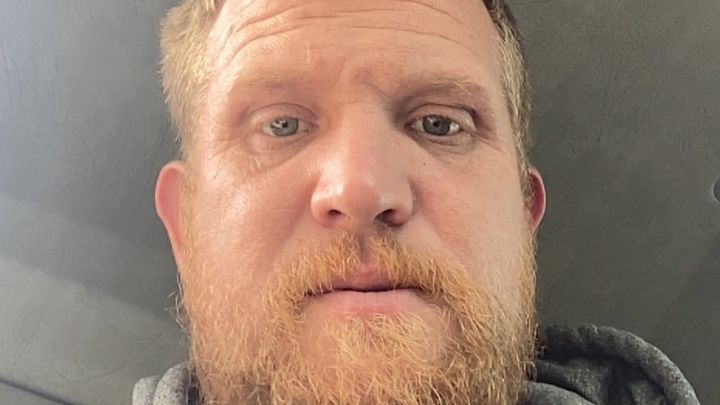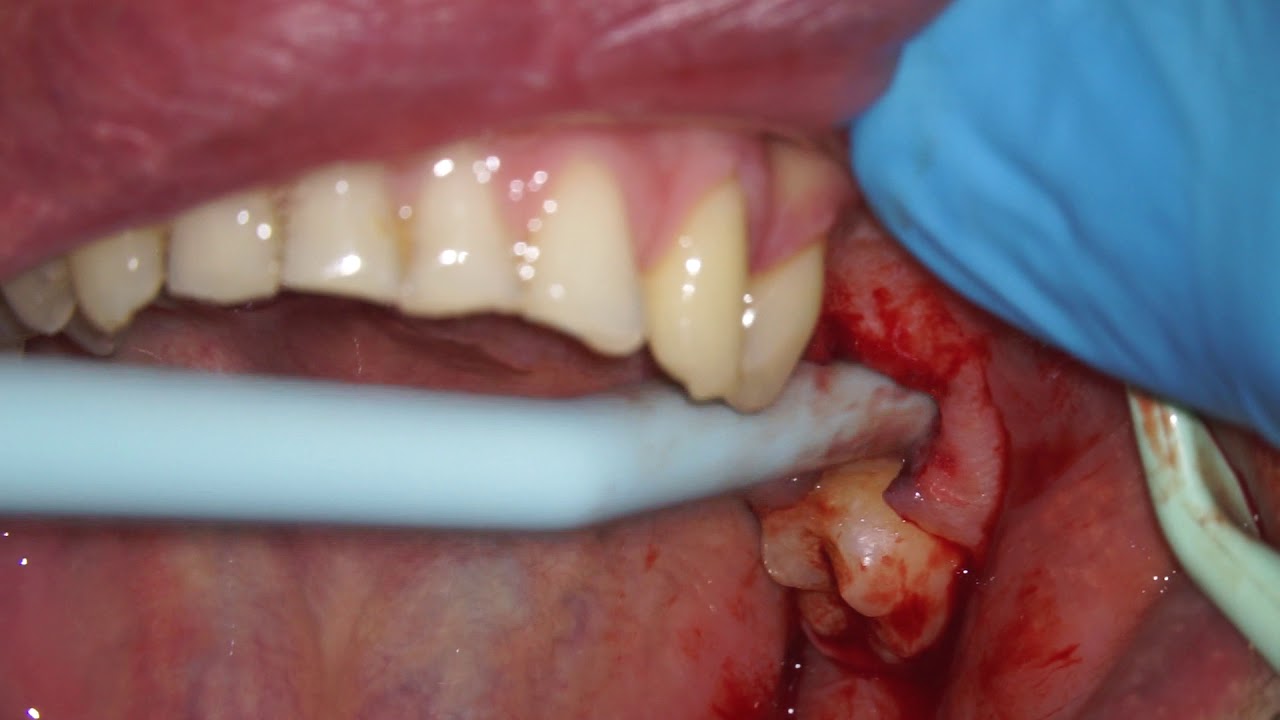Places To Get Teeth Pulled

The prospect of getting a tooth pulled can be daunting, but it’s often a necessary step to maintain oral health and alleviate discomfort. There are several options to consider when deciding where to get a tooth extraction, each with its own set of advantages and considerations.
Dentist’s Office
The most common place to have a tooth pulled is at a dentist’s office. General dentists are qualified to perform routine tooth extractions. They can assess the tooth, discuss the procedure with you, and decide whether the extraction can be done in their office or if you need to see a specialist. The environment is familiar, and if you have a regular dentist, they already have your dental history, which can make the process smoother.
Oral Surgeon’s Office
For more complex extractions, such as wisdom teeth removal or teeth that are impacted and haven’t erupted into the mouth, you might be referred to an oral surgeon. Oral surgeons are specialists with additional training beyond dental school in procedures like extraction of impacted teeth, surgical removal of teeth, and other surgical procedures of the mouth and jaw. Their offices are equipped to handle more complicated procedures and often have facilities for administering sedation or general anesthesia for patients who are anxious or when the procedure is complex.
Community Clinics
Community clinics can be an affordable option for those without insurance or with limited financial means. These clinics often provide essential dental services, including tooth extractions, at a reduced cost or based on a sliding scale fee. While the wait times might be longer due to high demand, they can be a vital resource for many individuals.
Urgent Care or Emergency Dental Clinics
For emergency situations, such as a severely infected tooth that requires immediate attention, urgent care or emergency dental clinics can provide timely service. These clinics operate on extended hours and can see patients without prior appointments for acute dental issues. However, their capability to perform extractions may vary, and they might stabilize your condition and refer you to a dentist or specialist for the actual procedure.
Hospital Emergency Room
In rare cases where there’s a significant infection or other conditions that pose a risk to your overall health, you might need to go to a hospital emergency room. The ER can provide immediate care to manage severe pain or infection. However, for routine tooth extractions, hospitals are not typically the first line of care due to the higher cost and the fact that they are equipped to handle more critical emergencies.
Mobile Dental Clinics
Some areas have mobile dental clinics that can provide dental services, including extractions, in non-traditional settings such as community centers, schools, or even mobile vans. These services aim to increase access to dental care for underserved populations. The availability and range of services can vary significantly.
Considerations for Choosing Where to Get a Tooth Pulled
- Insurance Coverage: Check which providers are covered under your insurance plan.
- Complexity of the Procedure: Simple extractions can often be handled by a general dentist, while more complex cases may require an oral surgeon.
- Cost: Consider the out-of-pocket costs, especially if you don’t have dental insurance.
- Convenience and Location: Choose a provider that is conveniently located and has hours that fit your schedule.
- Emergency Needs: If you’re in pain or have an infection, consider urgent care options.
Ultimately, the best place to get a tooth pulled depends on your specific needs, insurance coverage, and personal preferences. It’s essential to consult with a dental professional to determine the most appropriate setting for your tooth extraction procedure.
What is the difference between a simple and surgical tooth extraction?
+A simple extraction is performed on a tooth that is visible in the mouth and can be removed in one piece. A surgical extraction, on the other hand, involves removing teeth that are not easily accessible, such as impacted wisdom teeth, and may require cutting the gum tissue or bone to access the tooth.
How do I prepare for a tooth extraction?
+Preparation may include avoiding eating or drinking for a certain period before the procedure, especially if you're going to be sedated. Inform your dentist about any medications you're taking, including supplements, and follow any specific instructions provided by your dentist or oral surgeon.
What can I expect after a tooth extraction?
+After the extraction, you can expect some bleeding, swelling, and possibly bruising. Your dentist will provide instructions on how to manage discomfort, what foods to eat, and how to keep the extraction site clean. It's also important to attend any follow-up appointments to ensure the area is healing properly.
In conclusion, while the thought of getting a tooth pulled might seem intimidating, understanding your options and what to expect can make the process less daunting. Whether you’re visiting a dentist, oral surgeon, or another dental care provider, the key to a successful procedure is being informed and having a professional assessment of your specific needs.
